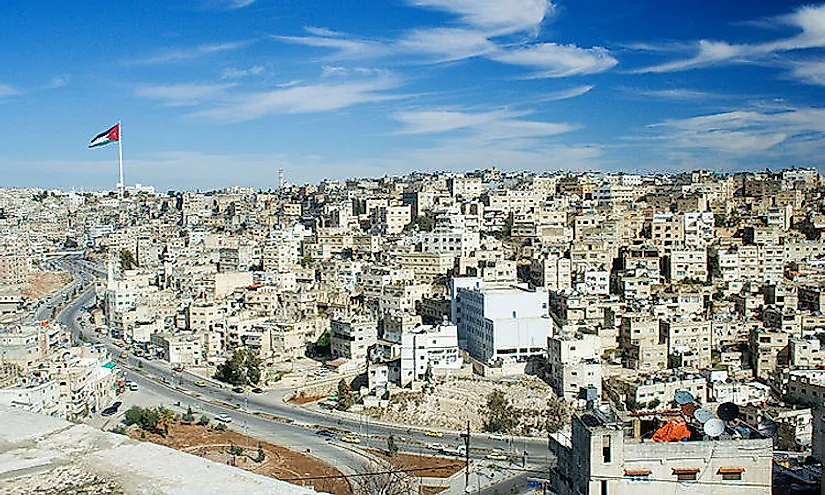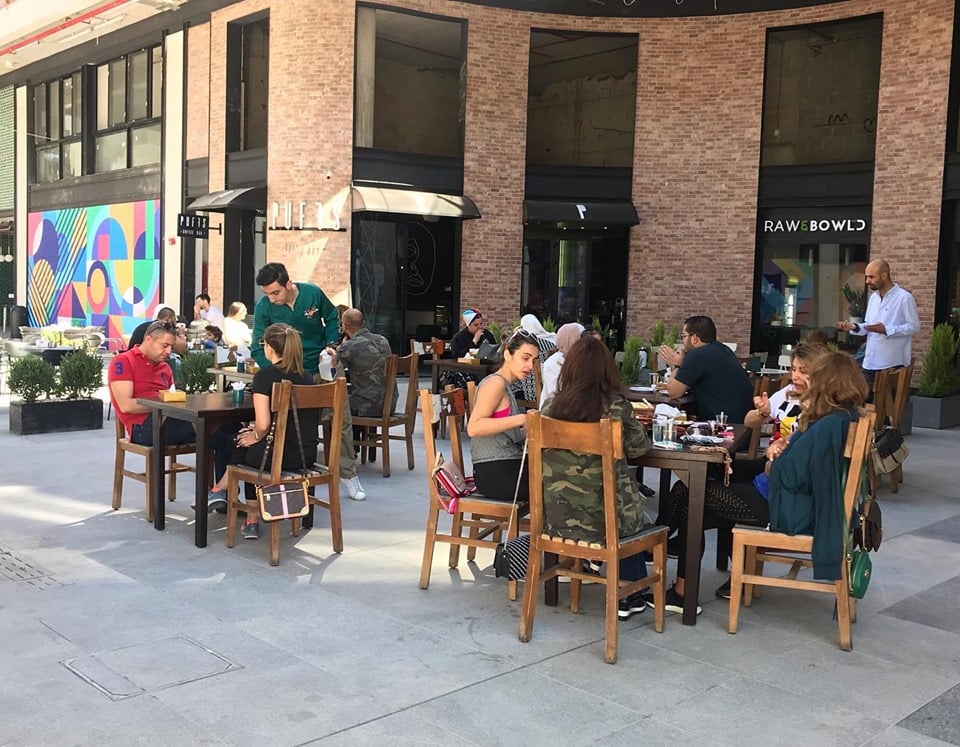9 Of Our Favorite Jordanian Proverbs And Their Meanings
You know how your grandma drops those classic Jordanian proverbs that make you chuckle or scratch your head? Well, we’re here to spill the beans on the real deal behind those sayings. Get ready for a journey into the Jordanian dialect, where humor and wisdom collide in some epic proverbs. Let’s decode the hidden gems your grandma’s been sharing – because, let’s be honest, who knew they had such deep meanings?

Ytbahha bisha’r khaltu:
Literal Translation: He brags about his aunt’s hair.
Meaning: This common Jordanian proverb reflects the idea of taking pride in something that the person did not create themselves.
Elly ma ya’rif alsaqr yshweeh:
Literal Translation: He who doesn’t know the falcon grills it.
Meaning: This proverb is used to describe a person who does not appreciate the value of precious things and people.
Djajah hafarat ‘ala rasha ‘afarat:
Literal Translation: A chicken dug and fell.
Meaning: This proverb signifies that a person bears the effects of their intentions and actions.
Elly ma ytool al’enab yehki ‘anu hamed:
Literal Translation: He who doesn’t reach the grapes says they are sour.
Meaning: When a person fails to attain something they desire, they tend to diminish its value by criticizing it.
El tawila kalt tina well qaseera dalat hazeena:
Literal Translation: The tall one ate a fig, and the short one was left sad.
Meaning: This reflects a preference for taller girls over shorter ones. Height is considered influential in others’ perceptions in this context.
Elly qaba’ qaba’ walley ra’ba’ ra’ba:
Literally: Those who left empty-handed, already left empty-handed, and those who left with full pockets already left with full pockets.
Meaning: It is said when it is too late to fix the situation.
Yalli ‘ala raaso bataha yahessis ‘aleiha:
Literal Translation: He who has a bump on his head feels it.
Meaning: The person who does wrong or harms others thinks that any talk or action is directed at him personally.
Hejat alraqasah al’ard maylah:
Literal Translation: The dancer’s excuse is that the ground is inclined.
Meaning: This proverb is used to express someone’s attempt to come up with excuses instead of admitting not knowing how to do something.
Shoo jaab arrizq lilbalqa:
Literal Translation: What does Rizq have to do with Balqa?
Meaning: This proverb is used when comparing two completely different things. (Note: Balqa and Rizq are two cities in Jordan.)





